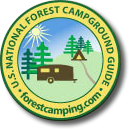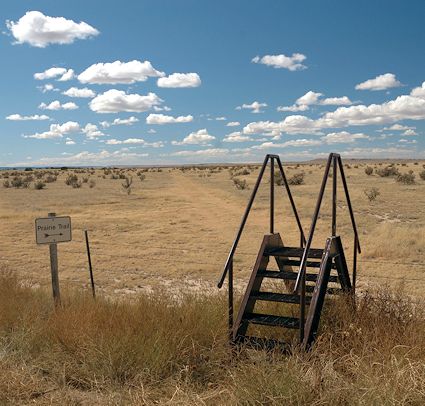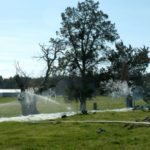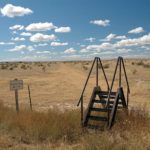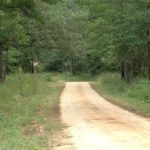What is a National Grassland?
A National Grassland is –
The areas designated as “grasslands” were settled in the 1800s under a variety of “Homestead Acts.” These Acts opened the land to people, generally farmers, and helped to settle the west. Located mainly on the prairies of middle USA, a prolonged drought in the late 1920s into the 1930s caused some homesteads on sub-marginal farmland (a location receiving 15 or less inches of annual moisture) to literally dry up and blow away. During this time, Congress established the Land Utilization Program (LUP) which bought homesteads from bankrupt private owners and returned it to public land status.
Restoring the Land
By the mid-1930s the Civilian Conservation Corps (CCC) was brought in to help stabilize the land. They stopped the eroding soil by re-seeding it and applying other conservation techniques. In the 1950s, the LUP holdings were assigned to the USDA Forest Service. They were tasked with the management of these sub-marginal lands. Over the years the Forest Service has established some 20 National Grasslands. “The designation of the area as National Grassland is not a description of the area as much as a statement of policy and effort to restore the area to a multiple of uses and benefits.”
Practising What They Preach
In many ways National Grasslands are land management experiments In practiced. The grasslands are managed for a variety of purposes including forage, fish and wildlife, timber, water, and recreation resources. While National Grasslands are valued for these basic goods, they also deliver other important services that are often perceived to be free and limitless. Taken for granted as public benefits, ecosystem services lack a formal market and are traditionally absent from society’s balance sheet. As a result, their critical contributions are overlooked in public, corporate, and individual decision-making.

